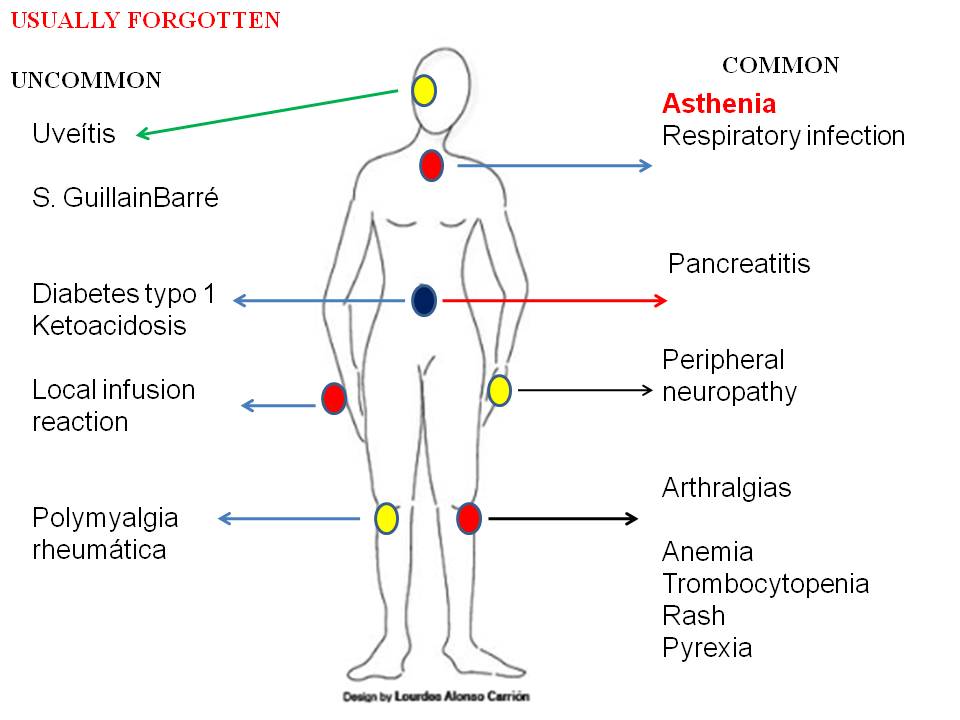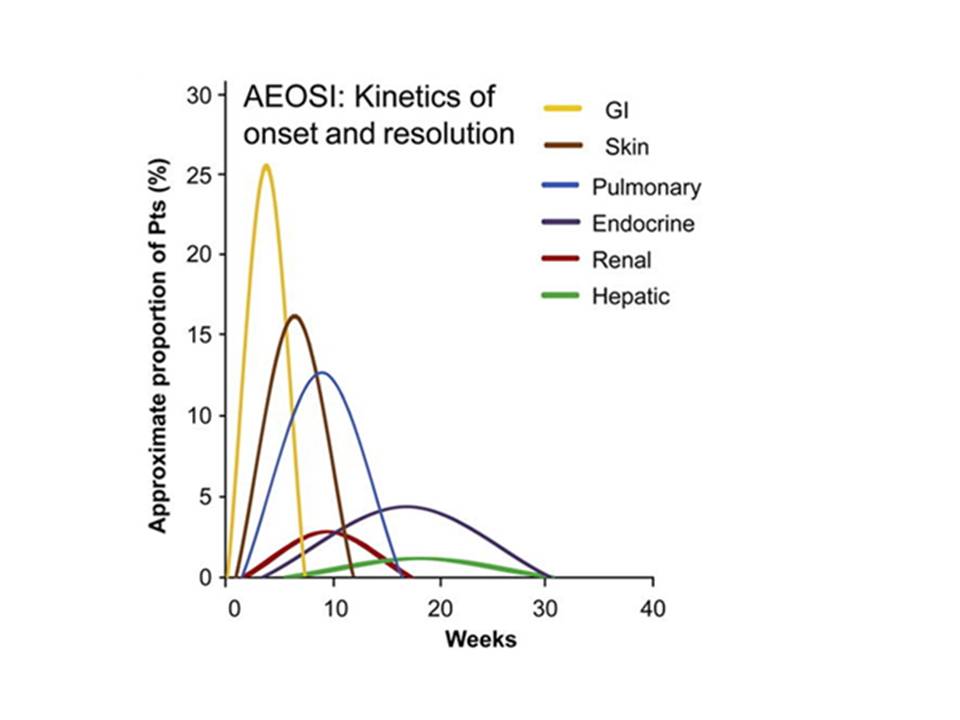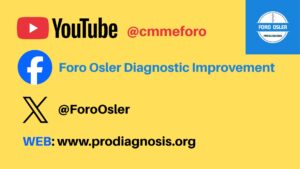The New Diagnostic Challenge with Cancer Immunotherapy

Immunotherapy is now consolidated as a basic treatment of cancer. Tumors such as melanoma, kidney, and lung, have been the first to receive the benefits of this new treatment. Patients with bad clinical conditions can have an impressive tumor response, usually after a “latency” period of 4-6 weeks.
During this period of time the detection of toxicity and the support of the patients are key to achieve a good outcome. A proper diagnosis of the complications associated with the treatment must be differentiated from a clinical deterioration or a progression of the tumor. When the patient has a situation of clinical deterioration the doctor could assume a progression of the tumor or an irreversible situation, if she or he is not aware about the different mechanism of action of these new drugs. The normal “pattern recognition” in an patient with a clinical deterioration is to assume a tumor progression or a decision about a palliative treatment what is not always the case.
We have now a new paradigm in Medical Oncology and also in Medicine in general. The knowledge of all possible toxicities and a proper clinical reasoning, supported by the knowledge of these new situations is a real diagnostic challenge for doctors in general.




